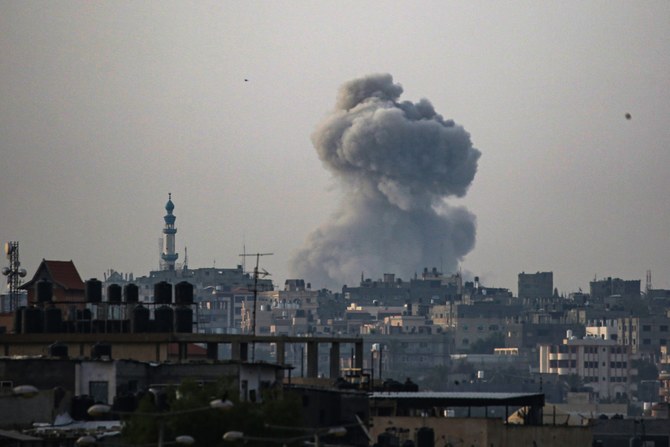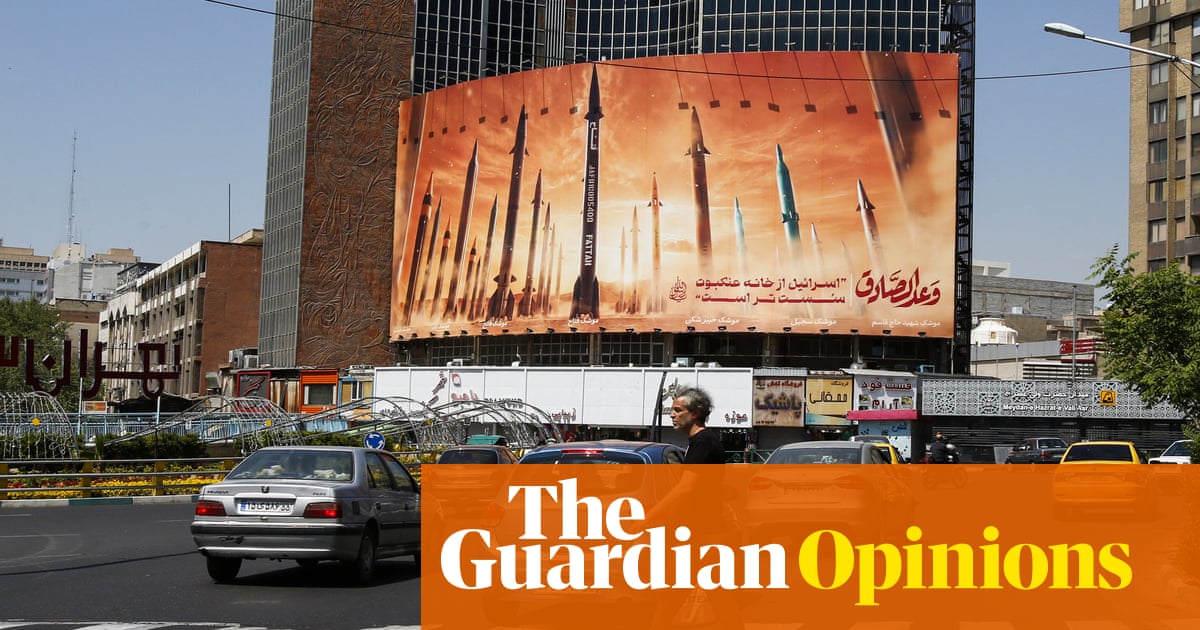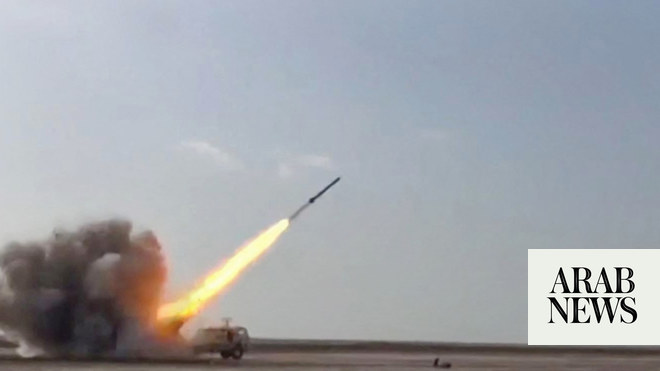
Since Israel initiated its military operations in Gaza in response to the Hamas attacks of Oct. 7, Egypt has consistently issued warnings against any forced displacement of residents of the Strip, firmly rejecting any Israeli plans to resettle Palestinians in the Sinai Peninsula. The intensity of Egypt’s stance escalated as the conflict recently entered its eighth month, particularly following Israeli incursions into the border town of Rafah. Cairo has vehemently protested against Tel Aviv’s plans to invade Rafah, asserting that the 1979 peace treaty between Egypt and Israel is at risk. Some Egyptian officials have even hinted at reducing diplomatic ties and recalling their ambassador from Tel Aviv.
Egyptian media has also intensified its criticism of Israel through official news channels, showcasing a level of hostility not seen in their relations for possibly 45 years. This situation prompts the question: Is there a possibility of a clash between Egypt and Israel?
The likelihood of a confrontation appears higher than ever, especially with Israel’s determination to implement its plan to relocate Palestinians to Sinai. The current Egyptian leadership vehemently opposes this plan, viewing it as a threat to national security and a violation of its fundamental principles supporting the Palestinian right to a safe and stable life in their homeland. Israeli government spokesman David Mencer last week stated that Israel had asked Egypt, which shares a border with Gaza, to allow Palestinian civilians fleeing the war to enter its territory, but Cairo refused.
Egypt’s rejection of this idea is not new. It is almost as old as the Palestinian issue itself. It has been reported that, during the negotiations with Israel in the 1970s, former President Anwar Sadat was presented with a similar proposal, suggesting Egypt give up part of Sinai in exchange for a piece of land in the Negev desert. Cunningly, Sadat said he would only agree to the condition if he chose the alternate land, marking the Israeli port of Eilat on the map, which made the Americans and Israelis drop the idea.
The Egyptian media has intensified its criticism of Israel, showcasing a level of hostility not seen for possibly 45 years
Dr. Abdellatif El-Menawy
Under President Hosni Mubarak, during the Taba dispute, Israel and other international parties made further attempts to convince Egypt, but Mubarak steadfastly refused despite all temptations and pressures, as he mentioned in a post-2011 revolution interview with his doctor. In early 2010, former Israeli National Security Adviser Giora Eiland published a study proposing a new Jordanian kingdom as the Palestinian homeland, consisting of the West Bank, East Bank and a greater Gaza that would include part of Egypt.
Despite the long-standing rejection from Egypt, Israel’s insistence on the resettlement plan persists, potentially leading to a clash.
American newspaper The Wall Street Journal this month reported an Egyptian official suggesting that Cairo might lower its diplomatic relations with Israel by recalling its ambassador, though not severing ties entirely, due to the Israeli military operations in the Palestinian city of Rafah, near the Egyptian border. Israeli Foreign Minister Israel Katz accused Egypt of blocking the Rafah crossing, thereby hindering aid efforts. In response, his Egyptian counterpart Sameh Shoukry clarified that it was Israel’s control of the crossing since Oct. 7 that had disrupted relief operations for Gaza residents. Some Egyptian political parties labeled Israeli statements as “misleading.”
Egypt has repeatedly rejected any ground incursion into Rafah or an invasion of the crowded border city, which previously sheltered more than 1.5 million Palestinians. There is nowhere safe for these people to go. The situation escalated to the point where Egypt threatened to support South Africa’s lawsuit against Israel at the International Court of Justice, citing the intensifying Israeli attacks on Palestinian civilians in Gaza, systematic targeting of civilians, destruction of infrastructure and efforts to force Palestinians to flee their land, according to an official statement from the Egyptian Foreign Ministry.
By taking this step, Egypt will be able to provide the necessary legal and technical support to South Africa in this case. The Human Rights Committee in the Egyptian parliament announced that it has evidence and proof to support Egypt’s participation in the case before the International Court of Justice. The committee has documented some violations and presented them to lawmakers from the US and some European countries. Additionally, some civil society organizations have documented violations through visiting the Rafah crossing and observing the violations occurring on the other side of the border.
The current events might be straining Egyptian-Israeli relations, including the peace treaty, and this is largely down to Israel’s actions on the ground, prompting Cairo to consider significantly revising the peace process, as it has stated multiple times. Despite the tension between Egypt and Israel since the beginning of the Gaza war, Cairo is capable of managing this tension primarily to benefit the Palestinians, alleviate their suffering and maintain regional stability, which Egypt views as crucial.
Israel has greatly provoked Egypt, disregarding that it was the first Arab country to lead a policy of moderation in the region
Dr. Abdellatif El-Menawy
It is certainly not too late. The return of Egyptian-Israeli relations to normality may require Tel Aviv to reconsider its rigid stance on resettlement and accept a negotiated solution to end the war, which has so far claimed about 40,000 lives. However, the presence of Prime Minister Benjamin Netanyahu in power in Tel Aviv complicates the restoration of positive relations, as Netanyahu only listens to himself and believes his political future depends on prolonging the war. He knows that a political settlement now could spell his downfall, especially given the significant unrest in the Israeli street opposing him and his government’s policies.
Restoring the trajectory of Egyptian-Israeli relations is not out of reach, but Tel Aviv must halt its massacres against the Palestinian people and cease the destruction and devastation it has caused. Without these conditions being met, the clash between Egypt and Israel could escalate from threats to more serious stages, the extent of which no one can predict.
Israel has greatly provoked Egypt, disregarding that it was the first Arab country to lead a policy of moderation in the region, which halted the conventional wars with Tel Aviv. Egypt aims for a lasting peace in the Middle East, based on the two-state solution, which necessitates the establishment of a Palestinian state.
When Israel failed to cooperate in advancing peace with the Palestinians, especially after signing the Wadi Araba Treaty with Jordan, the world noticed that Israel had halted Egypt’s moderation efforts at the Palestinian issue. The global consensus views resolving this issue as fundamental to peace and stability in the Middle East, with the exception of Netanyahu, who boasts about his efforts to thwart it. His invading forces have now reached the Egyptian border at Rafah, invading not just the Philadelphi Corridor and the crossing, but also the heart of Rafah, while preparing for further expansion in the city.
Egypt, along with Qatar, have mediated efforts to stop the war and deliver humanitarian aid to Gaza residents. These efforts nearly succeeded, but Netanyahu’s obstructions hindered all attempts, leading to accusations from within Israel that he is sacrificing the lives of hostages held by Hamas and entangling Israel and America in a personal war.
Egyptian-Israeli relations have always been strictly official and have never reached popular normalization. They are often described as a “cold peace.” Egypt has managed its policies toward the Gaza war cautiously, striving to prevent it from expanding into a regional conflict, which would be disastrous for everyone. Egypt chose the role of mediator and peacemaker and the whole world, including America, supported this stance.
Israel’s adventurism in Rafah has shifted the cold peace to the brink of a cold war, the beginnings of which we are witnessing now, with further developments expected in the coming days.
Dr. Abdellatif El-Menawy is a critically acclaimed multimedia journalist, writer and columnist who has covered war zones and conflicts worldwide. X: @ALMenawy
Disclaimer: Views expressed by writers in this section are their own and do not necessarily reflect Arab News" point of view











